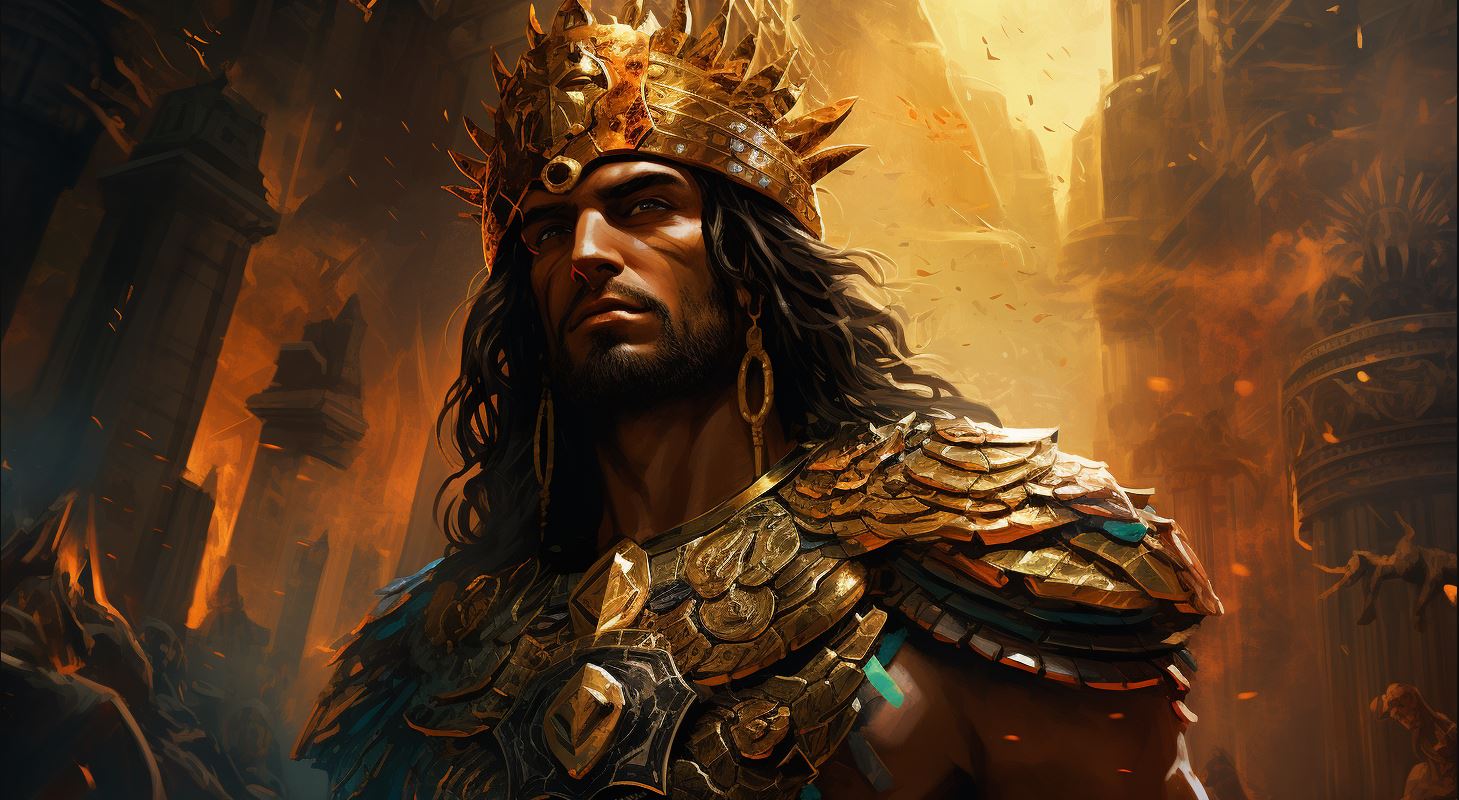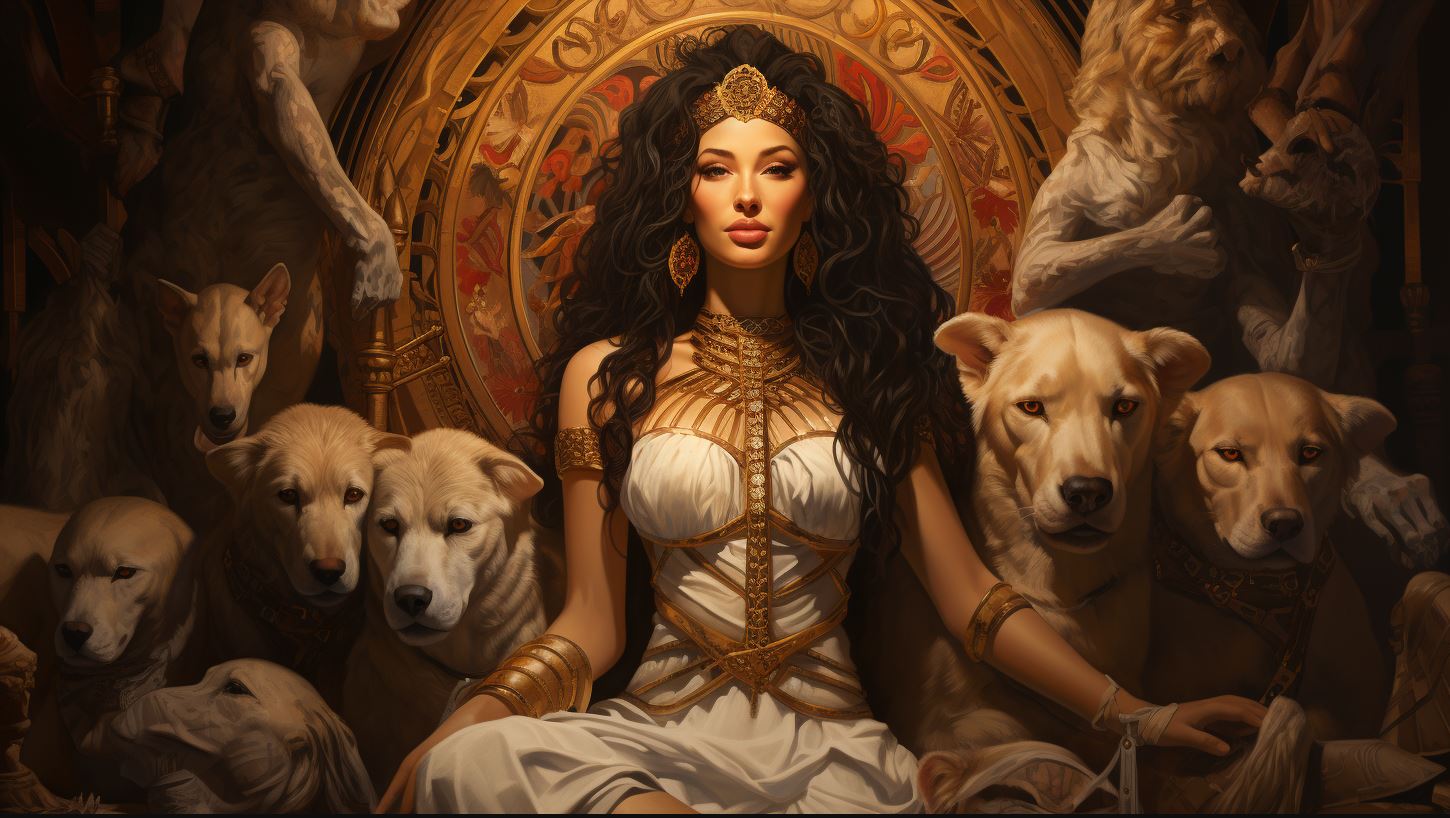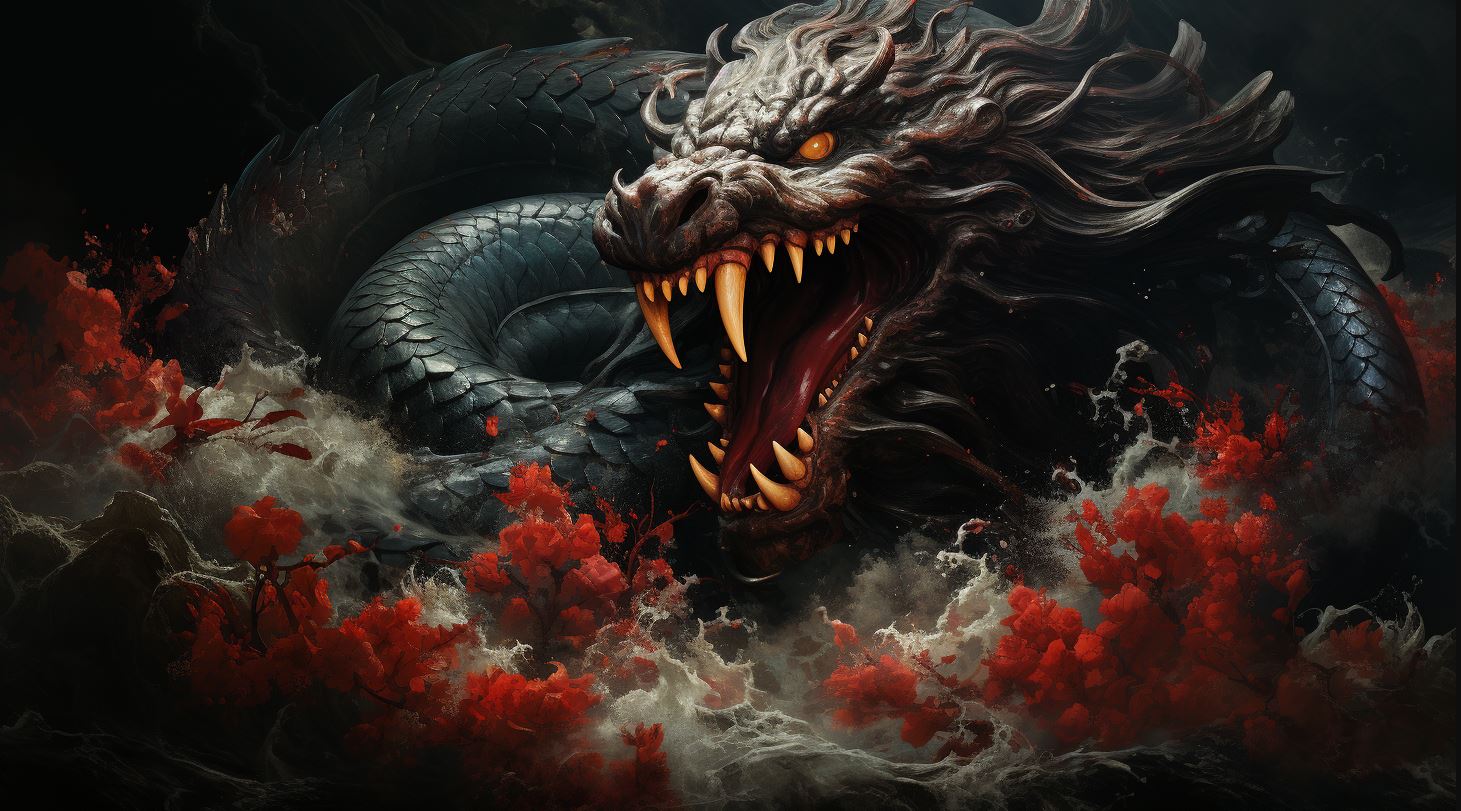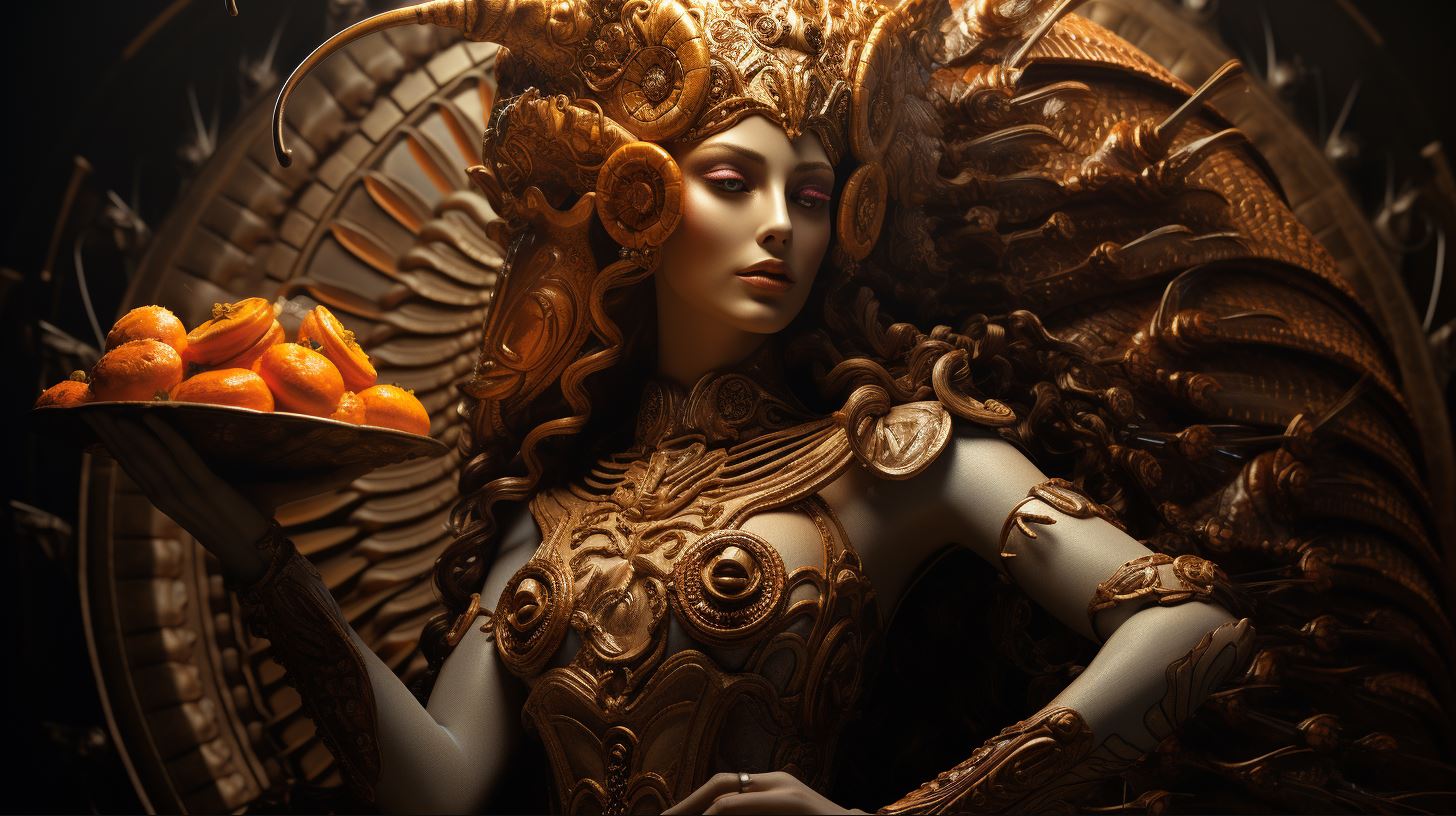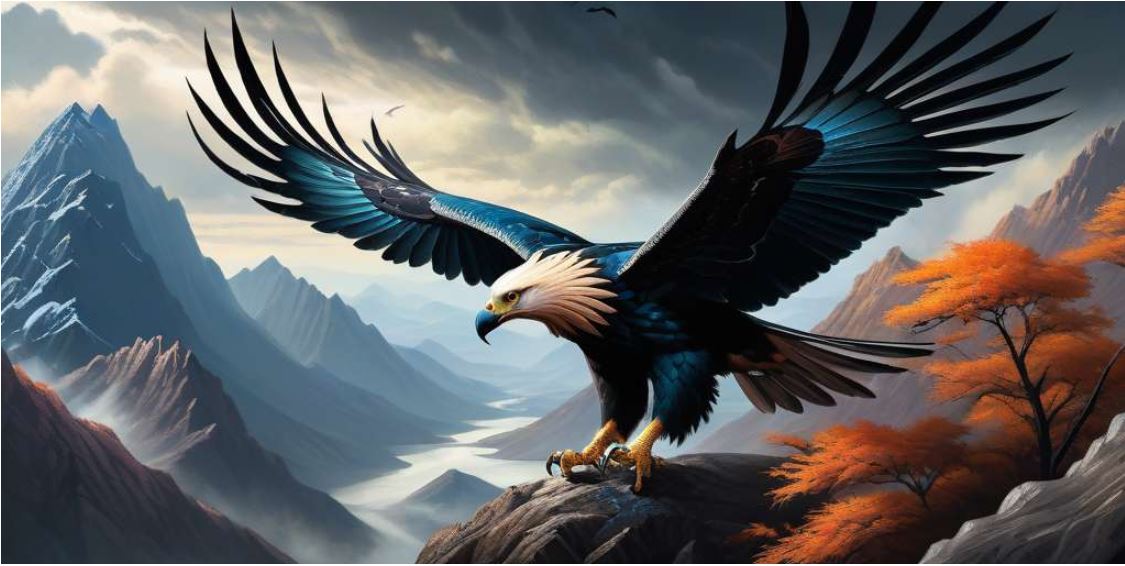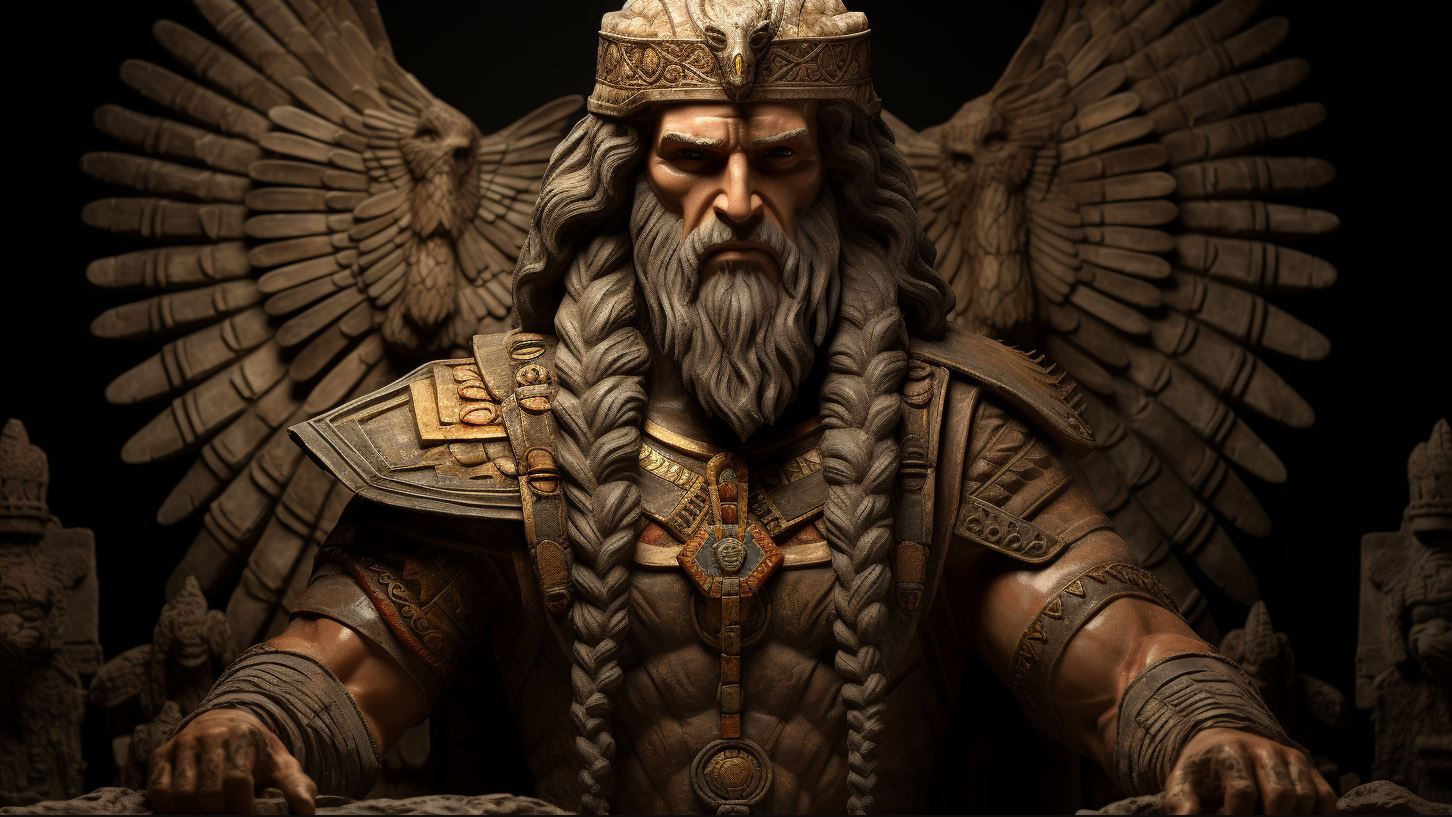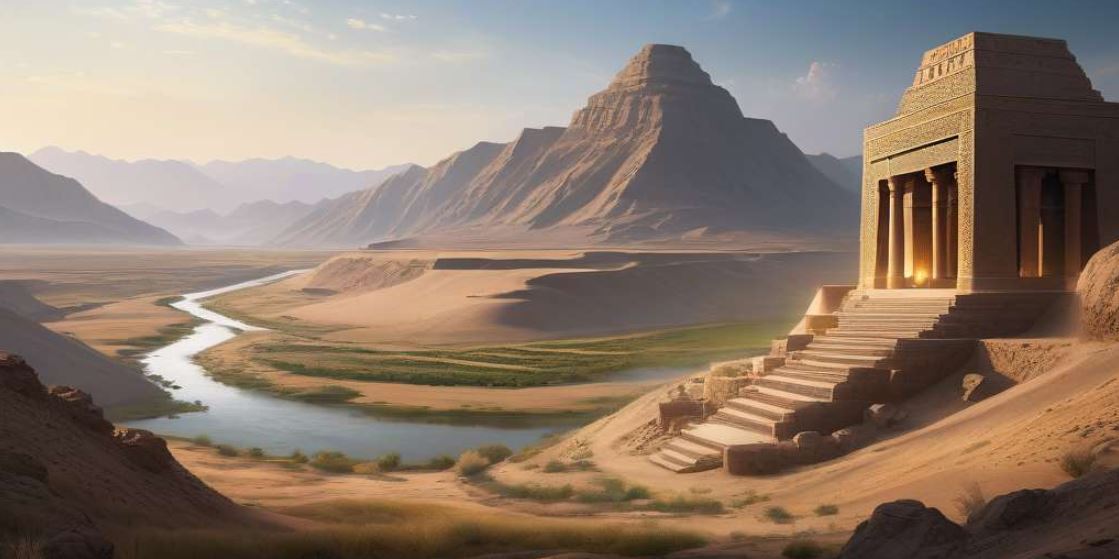Zababa God: Understanding the Mesopotamian Deity and His Significance in Ancient Warfare
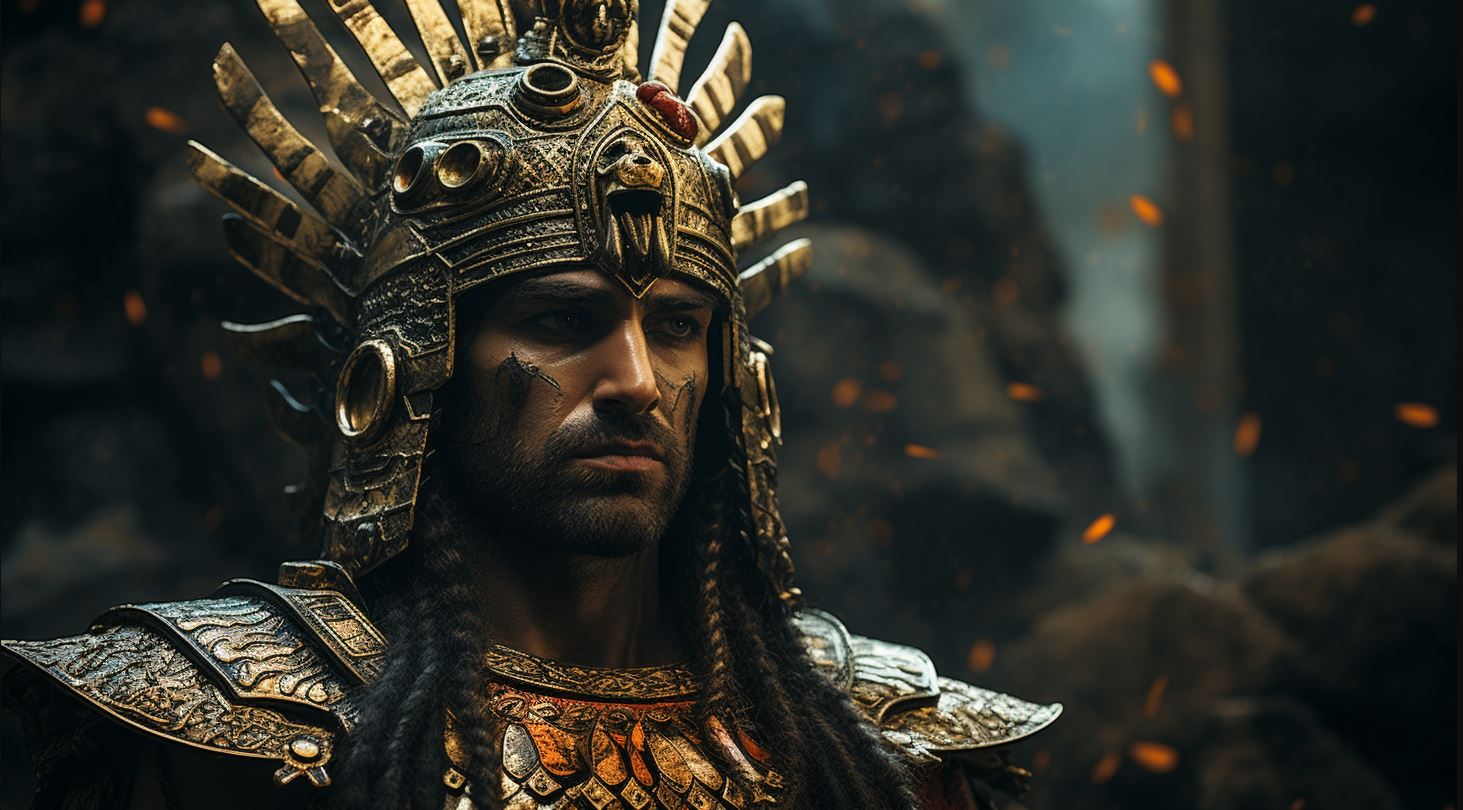
Zababa God is a prominent figure in Babylonian mythology, particularly known for his association with warfare. This ancient Mesopotamian deity held significant importance during the Early Dynastic and Old Babylonian periods, with his temple, the Edubba, serving as a focal point of worship in Kish.
Zababa’s consorts, such as Ishtar, played integral roles in his mythology, further highlighting his significance. His iconography featured symbols like the eagle and a lion-headed mace, representing his warlike nature. Through the centuries, Zababa’s influence extended to other cities and left a lasting cultural legacy.
Research by Assyriologists continues to shed light on his role in Mesopotamian mythology.
Zababa God: Exploring the Babylonian Deity and His Warlike Nature
Welcome to our exploration of Zababa God, a prominent figure in Babylonian mythology known for his warlike nature. In this section, we will delve into the origins and significance of Zababa in Mesopotamian mythology, examine his role during the Early Dynastic and Old Babylonian periods, and discuss the prominence of his temple, the Edubba, in Kish.
Origins and Significance of Zababa in Mesopotamian Mythology
Zababa’s origins are shrouded in mystery, as his name lacks a plausible Sumerian or Semitic etymology. Despite this, he held immense significance as the “king” of the city of Kish, where he was worshipped from the Early Dynastic period onwards.
As the principal war god in the state pantheon during the reign of Hammurabi, Zababa played a crucial role in the military success of the Babylonian kingdom.
Zababa in the Early Dynastic and Old Babylonian Periods
Zababa’s influence can be traced back to the earliest periods of Mesopotamian history.
His prominence during the Early Dynastic and Old Babylonian periods showcased his enduring significance as the patron deity of warfare. Throughout this time, Zababa was mentioned in various texts praising Hammurabi and attributing the king’s success to the assistance of the war god.
Zababa’s Temple: The Prominence of the Edubba in Kish
The city of Kish served as the focal point of Zababa’s worship, where his main temple, the Edubba, stood. This sanctuary was dedicated to the divine cult of Zababa and served as a center for religious ceremonies and rituals.
However, it is important to note that Zababa was also revered in other cities such as Ur, Tabira, and Assur, where temples dedicated to his cult were erected.
Exploring the facets of Zababa’s deity and his association with warfare provides us with a deeper understanding of the complex mythology of ancient Mesopotamia.
Let’s continue our journey, delving into the intriguing aspects of Zababa’s consorts and the symbols associated with his worship.
Zababa and His Consorts: Goddesses Associated with the Warrior Deity
Zababa, the mighty Babylonian deity of war, was closely associated with various goddesses who played integral roles in his mythology. These goddesses not only assisted Zababa but also complemented his dominance in the pantheon.
Let’s explore some of the notable goddesses associated with the warrior deity.
Ishtar: Zababa’s Wife and Early Consort
One of the most prominent goddesses linked to Zababa is Ishtar. She served as his wife and early consort, lending her divine power to support him in battles. Ishtar, regarded as the goddess of love, beauty, fertility, and war, was a force to be reckoned with.
Her association with Zababa further solidified his role as the god of war.
Baba and Other Goddesses: Assisting and Complementing Zababa’s Dominance
Aside from Ishtar, Zababa had other goddesses who assisted and complemented his dominance as the god of war. One such goddess was Baba, whose exact role and significance in Zababa’s mythology are still subject to ongoing research.
These goddesses represented different aspects of warfare and played crucial roles in the divine hierarchy.
The Relationship between Zababa and Enlil: Father and Son in Mythology
Zababa’s mythology also showcases his relationship with Enlil, his father in the divine realm. Enlil, one of the most important gods in Mesopotamian mythology, held authority over various domains, including war.
The father-son dynamic adds depth to Zababa’s character and further emphasizes his divine lineage as a formidable warrior and representative of Enlil’s power.
In conclusion, Zababa’s mythology intertwines with various goddesses who assisted and complemented his dominance as the god of war.
Ishtar, his wife and early consort, played a significant role alongside other goddesses like Baba. Additionally, Zababa’s relationship with Enlil sheds light on his divine lineage and character within the Babylonian pantheon.
Zababa’s Iconography and Worship: Symbols, Temples, and Royal Associations
The Symbolic Representation of Zababa: The Eagle Standard and Lion-Headed Mace
Zababa, the Babylonian deity of war, was associated with powerful symbols that embodied his warlike nature. The eagle standard was one of the most prominent representations of Zababa, symbolizing his dominion over the skies and his ability to soar above his enemies.
Another significant symbol was the lion-headed mace, which signified his strength and prowess on the battlefield. These symbols were highly revered and depicted in various artistic representations, showcasing the might and authority of Zababa.
Zababa’s Temples: Beyond Kish, Worship in Ur, Tabira, and Assur
While Kish was the epicenter of Zababa’s worship, his influence extended to other cities in Mesopotamia. Temples dedicated to Zababa were prominent in Ur, Tabira, and Assur, where his devotees sought his favor and protection.
These temples served as centers of religious and political importance, attracting worshippers and solidifying Zababa’s role as a revered deity throughout the region.
Zababa’s Influence on Kings and Success: His Role in the Babylonian Kingdoms
Zababa’s significance extended beyond religious worship to the realm of kingship.
Babylonian rulers sought his favor and invoked his name as they pursued military conquests and defended their kingdoms. Zababa was believed to grant success and victories to the righteous rulers who honored him, further solidifying his role as the patron deity of Babylonian royalty.
Zababa’s Enduring Legacy: Theophoric Names and Cultural Significance
The enduring influence of Zababa can be seen in the prevalence of theophoric names, which incorporated his divine presence into personal identities. Kings and commoners alike embraced names that included references to Zababa, emphasizing their connection to his power and protection.
This cultural significance showcases the lasting impact of Zababa’s worship on Babylonian society.
Contemporary Understanding and Research: Insights from Assyriologists
Assyriologists continue to delve into the intricate details of Zababa’s worship and significance in Mesopotamian mythology. Their research uncovers new insights, shedding light on the nuances of his iconography, temples, and influence on kingship.
Scholars analyze ancient texts and artifacts to piece together the puzzle of Zababa’s role in Babylonian society, adding depth and understanding to his rich mythological legacy.
Zababa’s Place in Mesopotamian Mythology: Comparisons and Similar Deities
Zababa, the Babylonian deity known for his warlike nature, held a significant place in Mesopotamian mythology.
This section explores the comparisons and connections between Zababa and other war deities, shedding light on their shared characteristics and roles in ancient tales of conflict and victory. We will also delve into Zababa’s connections with other important gods and goddesses in the Mesopotamian pantheon, examining the intricate web of relationships within the divine hierarchy.
Furthermore, we will examine the multifaceted nature of Zababa through the insights offered by George Lambert’s research.
Zababa in Relation to Other War Deities: Ninurta and Other Warrior Gods
Zababa’s prominence as a war deity invites comparison with other Mesopotamian warrior gods, most notably Ninurta. Both Zababa and Ninurta were venerated for their military prowess and associations with victory.
These deities shared common attributes such as their roles in protecting and supporting kings in battle. Exploring the similarities and differences between Zababa and Ninurta provides valuable insights into the complex aspects of Mesopotamian warfare and religious beliefs.
Zababa’s Connection to Other Important Mesopotamian Gods and Goddesses
Zababa’s role in the pantheon extended beyond warfare, and his connections with other gods and goddesses were essential for understanding his place in Mesopotamian mythos. Examining his relationships with prominent deities like Enlil, Ishtar, and Bau provides a deeper understanding of the interconnectedness of various divine powers within the belief system.
By exploring these connections, we gain insights into the religious practices, rituals, and cultural significance associated with Zababa’s worship.
The Multifaceted Nature of Zababa: Insights from George Lambert’s Research
George Lambert’s research offers valuable perspectives on the multifaceted nature of Zababa. His exploration of ancient texts and iconography reveals the intricate layers of symbolism associated with this deity. Lambert’s findings shed light on Zababa’s role as a divine warrior, a protector, and a symbol of power and authority.
Understanding these different aspects of Zababa deepens our appreciation for the complexity of Mesopotamian mythology and its profound impact on the lives of ancient inhabitants.
Zababa God in Historical Context: His Presence and Importance Across Time
Zababa God, the Babylonian deity associated with warfare, has left a lasting impact throughout different periods of Mesopotamian history.
This section explores the presence and significance of Zababa in various timeframes and sheds light on his influence on different aspects of society.
Zababa’s Presence in Early Dynastic and Old Babylonian Texts
Early Dynastic and Old Babylonian texts provide valuable insights into the existence of Zababa God and his role within Babylonian mythology.
These ancient writings mention his name, attributing him as the “king” of Kish, highlighting his position of authority and prominence during these early periods.
Zababa’s Influence During the First Millennium: Kingship and Political Significance
As time progressed, Zababa’s significance grew, and he became not only a god of war but also a symbol of kingship and political power.
The rulers of Babylon sought his favor and invoked his name in their quests for conquest and establishing their dominance. Zababa’s association with these rulers elevated his status as a deity of great importance throughout the first millennium.
Continuity and Relevance: Zababa in the Manana Dynasty and Beyond
The Manana Dynasty witnessed the continued reverence for Zababa God and the perpetuation of his importance. Even as the political landscape changed, Zababa’s cult endured, affirming his enduring relevance and sustained presence within Mesopotamian religious practices and beliefs.
Zababa’s Role in Daily Life: Oaths, Rituals, and Local Worship
Zababa’s influence extended beyond the realm of warfare and politics, integrating into the daily lives of the people. Oaths were taken in his name, and rituals were performed to seek his favor in various aspects of life.
Local worship of Zababa in different cities showcased the deep-rooted belief in his power and his ability to impact everyday experiences.
Theological Developments and Variations: Zababa Encountered in Different Time Periods
As Mesopotamian theology evolved and underwent changes throughout history, Zababa’s role and characterization also experienced variations.
Different time periods saw slight shifts in how Zababa was perceived, further highlighting the complex nature of his mythology and the impact of theological developments on his image.
Throughout Mesopotamian history, Zababa God remained a significant presence.
From the Early Dynastic period to the Manana Dynasty and beyond, his influence extended well beyond warfare and politics. Zababa left an indelible mark on daily life, rituals, and religious practices, making him an integral part of the cultural fabric of Mesopotamia.
.











